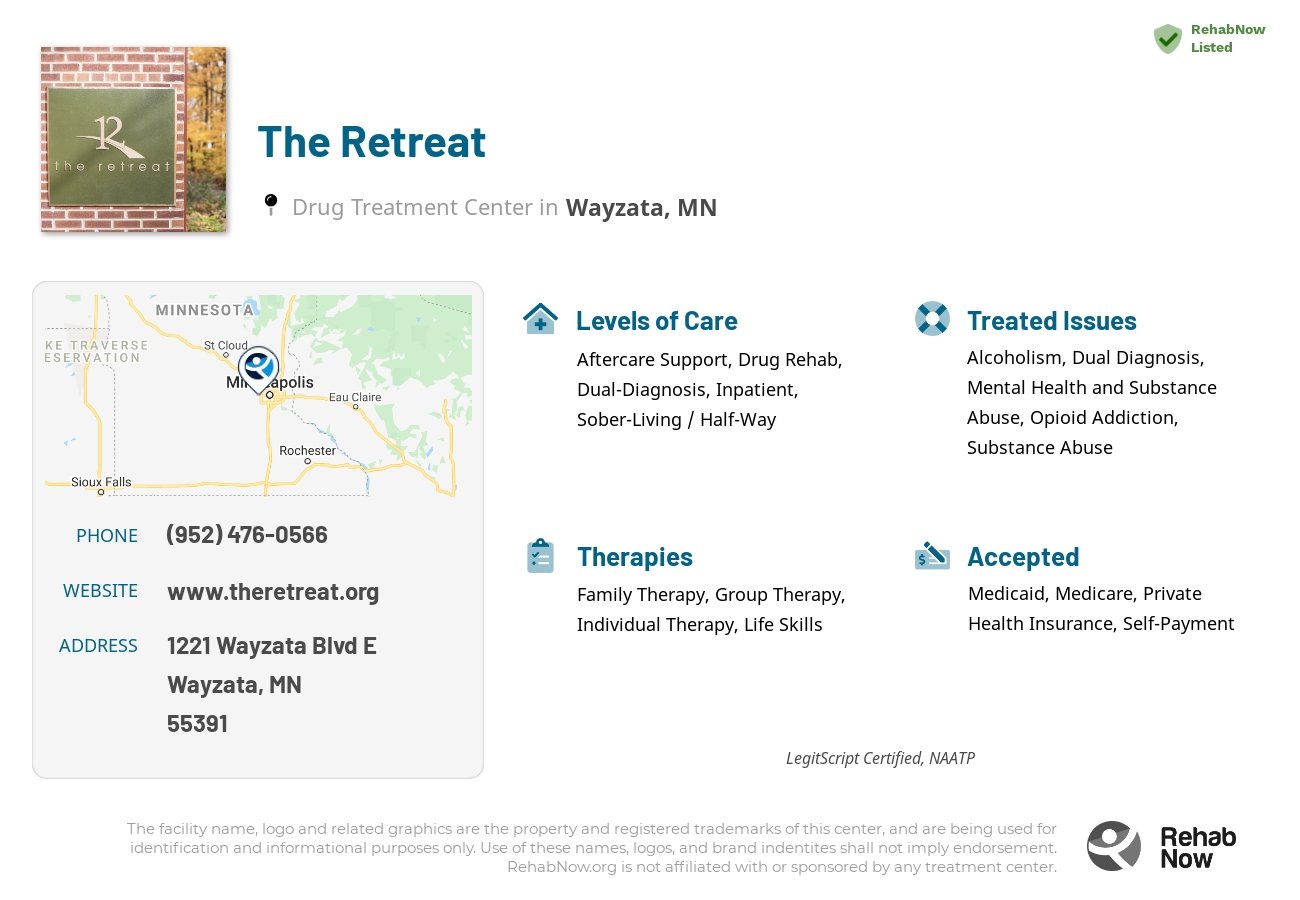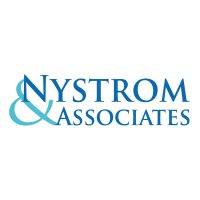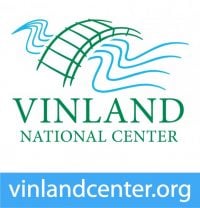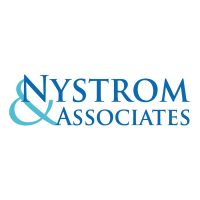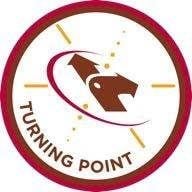The Retreat
Drug Rehab Center in Wayzata, Minnesota
The Retreat is an accredited addiction treatment facility in Wayzata, MN that offers personalized residential and inpatient services to help those suffering from substance abuse issues, mental health problems, dual diagnosis, alcoholism and opioid addiction since 1991, and they accept private health insurance plans to make their services more accessible.
About The Retreat in Minnesota
The Retreat, an Addiction Treatment Facility located in Wayzata, MN, was established in 1991. This facility is well-known for its commitment to helping individuals suffering from alcoholism, drug addiction, substance abuse, opioid addiction, and dual diagnosis. Accredited by LegitScript and a member of the National Association of Addiction Treatment Providers (NAATP), The Retreat ensures that it meets high standards in providing effective and ethical treatment. They offer various levels of care, including inpatient, residential, and sober living/half-way programs, as well as specific services such as drug rehab and dual-diagnosis treatment. The Retreat also provides aftercare support to ensure individuals continue their recovery journey beyond their treatment stay.
At The Retreat, individuals struggling with addiction and substance abuse can find a range of services aimed at facilitating their recovery. Rather than relying on a list format, it is important to highlight the diverse options available. The facility offers inpatient treatment, providing a structured and supportive environment for individuals to address their addiction. Additionally, they provide residential levels of care, where individuals can receive ongoing treatment and support that addresses not only their substance abuse but also any underlying mental health conditions. The Retreat also offers dual-diagnosis treatment, recognizing the importance of addressing co-occurring disorders simultaneously. Moreover, they provide drug rehab services, helping individuals overcome their specific drug dependencies. Lastly, The Retreat offers aftercare support, ensuring individuals have the necessary tools and resources to continue their recovery once their primary treatment concludes.
Genders
Ages
Modality
Additional
Accreditations
NAATP

LegitScript
Conditions and Issues Treated
Some addicts can benefit from substance abuse treatment, which is designed to help them become and remain sober without the use of medications. These programs are typically used by those struggling with drugs like marijuana or hallucinogens. However, they might be beneficial for those with a co-occurring mental health disorder like schizophrenia, major depression or bipolar disorder.
During this type of treatment, the addict will meet with therapists and other professionals on a regular basis to learn coping skills and healthy ways to deal with their addiction and mental health disorder.
Treatment programs often combine medications with counseling, support groups and even medical services like those found in hospitals or doctor’s offices. There are also detoxification services that addicts can use to get sober and avoid severe withdrawal symptoms.
Opioids are a group of drugs that include substances such as heroin, morphine, and oxycodone. These drugs activate opioid receptors in the brain, which produce pleasurable feelings. Opioid addiction occurs when drugs are abused at increasing rates or increasing amounts because the body becomes tolerant of them.
Opioid addiction is typically diagnosed when drug abuse becomes a typical behavior that interferes with an individual’s ability to function daily. The use of the substance results in consequences like legal problems.
Treatment for opioid addiction varies depending on each individual’s needs. Some treatments focus on replacing opioids with other drugs that have similar effects of reducing withdrawal symptoms. Other treatments aim to reduce the risk of relapse by providing psychological support or using more natural methods.
A drug rehab center that uses Dual Diagnosis is more likely to be successful in rehabilitating a person. Dual diagnosis helps to identify and treat any co-occurring disorders. It is essential to screen for both addiction and any untreated mental health issues. A dual diagnosis gives rehab the means to treat addiction while restoring mental and emotional health.
About 70% of patients with drug addiction have at least one other psychiatric diagnosis. Fortunately, dual diagnosis treatment is a proven model that has been highly effective.
Levels of Care Offered
This center offers a variety of custom treatment tailored to individual recovery. Currently available are Aftercare Support, Drug Rehab, Dual-Diagnosis, Inpatient, Residential, Sober-Living / Half-Way, with additional therapies available as listed below.
Inpatient rehab means you live there while your addiction or co-occurring disorder is treated. Prescribed medications are used along with counseling.
This type of rehabilitation provides a drug-free environment for people who struggle with chronic/long-term addiction (or their own home). Jobs or school can be put on hold until after the stay to focus solely on recovery.
Sober Living Homes are an option for those who have completed a treatment program within the past several months. However, it isn’t advisable to use this as a permanent living arrangement because it can lead to a relapse .
The goal of a sober living home is to provide a supportive environment for recovering addicts so they don’t need to return to their previous lifestyles. The homes will not accept residents who are still using drugs or alcohol, and those living in the house must follow a set of rules dictating how they should behave to avoid relapsing.
Residential treatment programs are those that offer housing and meals in addition to substance abuse treatment. Rehab facilities that offer residential treatment allow patients to focus solely on recovery, in an environment totally separate from their lives. Some rehab centers specialize in short-term residential treatment (a few days to a week or two), while others solely provide treatment on a long-term basis (several weeks to months). Some offer both, and tailor treatment to the patient’s individual requirements.
Aftercare Support in drug rehab is crucial because it helps people stay sober after treatment. Aftercare Support in drug rehab is helpful because it provides the recovering person with a support group, including family members, friends, and other peers who are also in recovery.
The benefits of Aftercare Support are that it provides a pathway that will help people get sober for life. It supports healing at all levels, physical, mental, emotional, and spiritual. Another benefit of Aftercare Support is that participants learn to maintain their sobriety through holistic methods. They learn to modify behaviors individually to have peace of mind, have positive relationships with others, and find peace on the inside.
Therapies & Programs
During individual therapy at The Retreat in , the person in recovery meets with a therapist one on one to go over their situation and learn from past mistakes. The counselor or therapist will use this time to address the causes of addiction, triggers, and any mental issue or dual diagnosis. They will also address aftercare plans, giving them the best chances of long-term sobriety.
This therapeutic process is very intense and challenging to go through. Some clients may find it easier to open up with someone apart from their family or loved ones who understand their struggles and experience with addiction.
Family therapy is designed to help addicts get clean and sober by using what they love the most; their family. Most drug treatment centers make it mandatory that the addict’s family attend therapy sessions, which is great because having everyone there to support them makes it much easier for them to get clean. Not only are they surrounded by people who want them to get better, but everyone is there because they want the best for them, not because they feel like they have to be.
Drug addicts are often surrounded by resentful or uneducated family members who would, at times, rather see them stay addicted because it makes their own lives easier. Sometimes they don’t understand what the addiction is or how they play a part in it. They know that during and after the addict’s sobriety journey, they will face challenges and changes that they aren’t sure how to handle. This can be very tough for an addict to go through on their own, which is why it’s so important that they have the support of their family. Just because someone is an addict does not mean that they don’t deserve the love and support of those around them.
Addicts in Wayzata, MN can find support in group therapy at The Retreat by finding peers who understand their situation and being held accountable. They also learn to develop faith, understanding, and insight into their addiction through shared conversations.
Group Therapy is employed by drug treatment centers to provide the recovering addict with a platform to talk about their feelings and experiences. It also provides for an opportunity to learn from other addicts who have successfully overcome their addiction. It is recommended that all group members be recovering addicts for this type of therapy to work.
Many people who struggle with addiction in Wayzata, Minnesota also have trouble managing their daily responsibilities after treatment. With this type of therapy, addicts are taught how to manage their time, attain specific goals, and take care of all facets of their lives without the influence of drugs or alcohol.
During these sessions, therapists will work with addicts to identify personal values and goals. They will then help addicts set goals for achieving those values and standards. In the process, therapists help addicts develop strategies for fulfilling their goals and successfully managing their responsibilities.
In many cases, this type of therapy is used in conjunction with other types of addiction treatment services to address specific issues that affect a recovering addict’s ability to stay sober.
In a 12-Step Program, peers help each other to achieve the goal of total sobriety. 12-Step Programs are available in almost every city in the United States. They’re a relatively simple set of steps that are done continuously to move through life with awareness, accountability, and honesty. The recovery technique used by Alcoholics Anonymous is the 12 step program, but it can relate to any form of addiction.
Patient Experience
Experiential Therapy at The Retreat
Experiential therapy is a type of treatment involving immediate, intense experiences designed to manage addiction. Experiential therapy is beneficial for:
- People who are seeking to overcome an addiction but have difficulty focusing on treatment goals
- People with short attention spans due to high levels of stress or difficulty concentrating
- People who are afraid of engaging in treatment due to negative past experiences
Payment Options Accepted
For specific insurance or payment methods please contact us.
Is your insurance accepted?
Ask an expert, call (888) 674-0062
Additional Details
Specifics, location, and helpful extra information.
Wayzata, Minnesota 55391 Phone Number(952) 476-0566 Meta DetailsUpdated November 25, 2023
Staff Verified
Is The Retreat a LegitScript Verified Treatment Facility?
According to our most recent records, we have found this center to be LegitScript verified.
The Retreat Patient Reviews
There are no reviews yet. Be the first one to write one.
Wayzata, Minnesota Addiction Information
Minnesota is fighting an opioid epidemic that is leaving hundreds of its residents dead each year. Both prescription opioids and illicit opioids are widely abused in the Land of 10,000 Lakes. Heroin continues to be one of the most commonly abused drugs in the state, if not the most common illicit drug. Over 10% of all treatment admissions in Minnesota list heroin as their drug of choice.
Treatment in Nearby Cities
- Pipestone, MN (154.4 mi.)
- Bemidji, MN (185.1 mi.)
- Sauk Rapids, MN (53.8 mi.)
- East Grand Forks, MN (264.3 mi.)
- Littlefork, MN (237.0 mi.)
Centers near The Retreat
The facility name, logo and brand are the property and registered trademarks of The Retreat, and are being used for identification and informational purposes only. Use of these names, logos and brands shall not imply endorsement. RehabNow.org is not affiliated with or sponsored by The Retreat.



